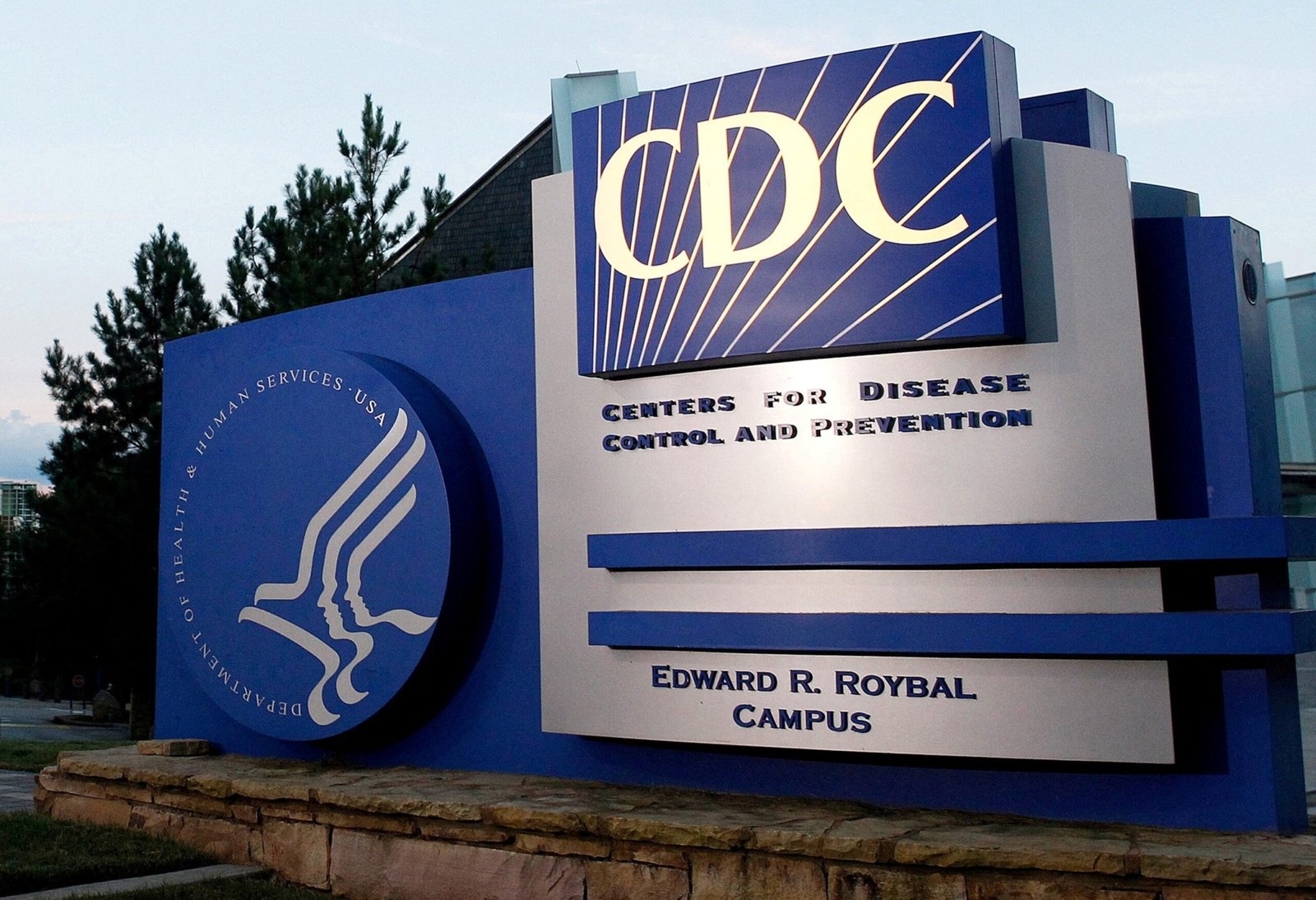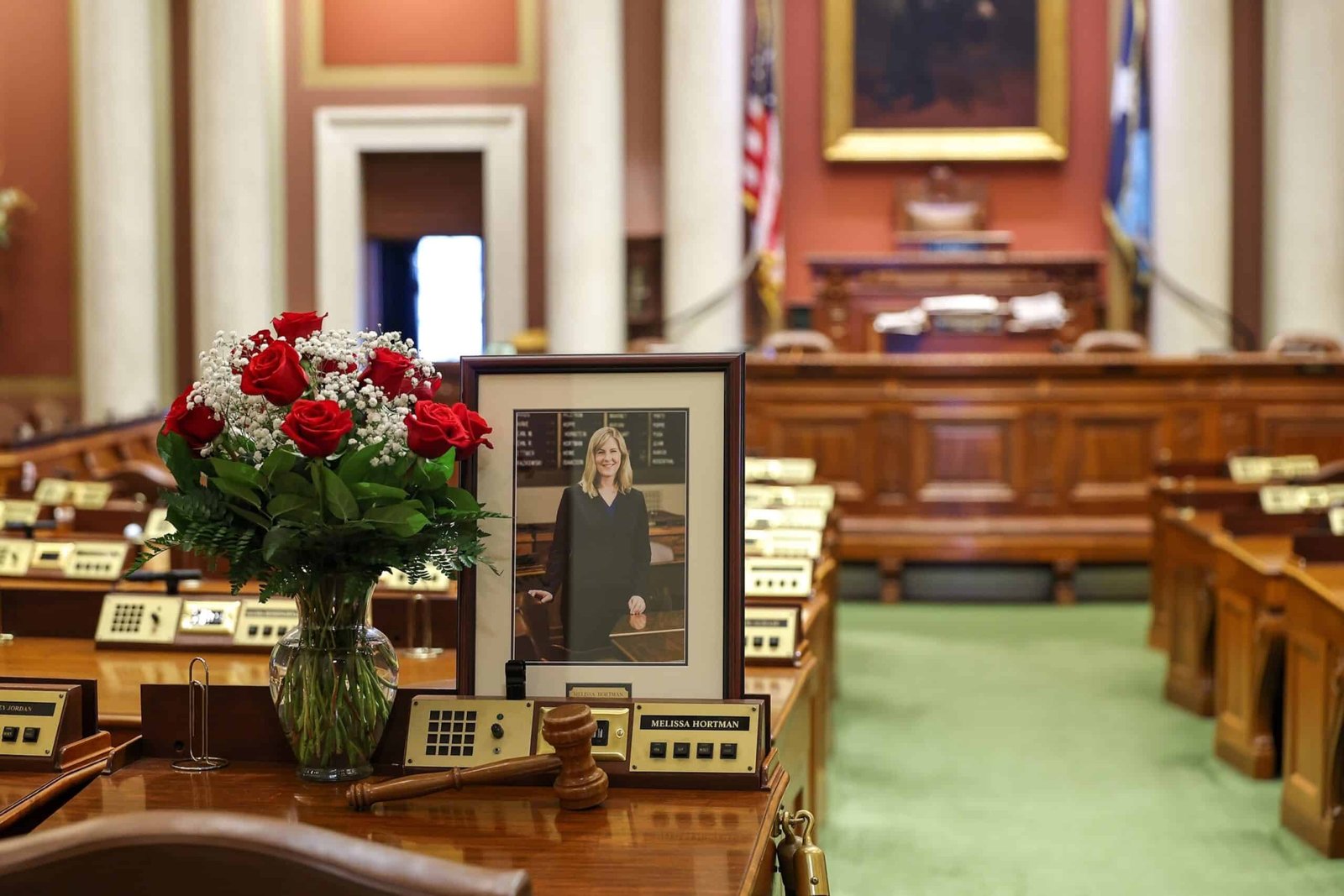The Secretary of Health and Human Services, Robert F. Kennedy Jr., surprised many when he announced the 17 members of the Disease Control Centers and the Vaccine Advisor Committee of Prevention Vaccines.
In an opinion article for The Wall Street JournalKennedy said the Immunization Practices Advisory Committee (ACIP) was plagued by conflicts of interest and was a “rubber stamp” for all vaccines.
The United States food and medication administration is the agency that authorizes or approves vaccines. The ACIP celebrates public audiences and then has non -binding votes on possible recommendations, and the CDC director ends the recommendations.
Currently, the role of director of the CDC remains vacant and Kennedy has been making the final recommendations.
Kennedy told ABC News on Tuesday that replacements for ACIP will not be “anti-vaxxers” and intends to replace the panel at the end of the month.
“We are going to take people to the ACIP panel, not anti-vaxxers, we are bringing people who are accredited scientists, who are highly accredited doctors, who are going to do evidence-based medicine, which are going to be objectives and who will follow science and make critical public health determinations for our children based on the best science,” Kennedy said.
But Kennedy also suggested that the current list of vaccines that are recommended for children would be resumed by the new members of ACIP, because it does not trust science that led to its initial approvals.
Several public health experts and vaccinologists told ABC News to worry that the new members of the committee can lead to changes in which vaccines are no longer covered by public and private insurers, and that the skeptics of vaccines can now be occupied by vaccine skeptics without scientific knowledge to evaluate the recommendations.
“I think it’s false. I don’t think this has anything to do with the conflict of interest,” Dr. Peter Hotez, professor of Pediatrics and Molecular Virology at Baylor College of Medicine in Houston, who has helped develop several vaccinesHe told ABC News. “I think he wants to get rid of Acip completely or stack him with his with people who believe in his … pseudoscience.”

An overview of the headquarters of the Centers for Disease Control and Prevention (CDC) in Atlanta, on September 30, 2014.
Tami Chappell/Reuters, Archive
Who will be the new members of the Committee?
The ACIP is composed of up to 19 voting members, six members of office representing other federal agencies and 30 non -voting representatives of link organizations such as the American Academy of Pediatrics and the American Medical Association.
The panel Develop recommendations on the use of vaccines in the US. including time and dose or if there are situations in which a vaccine should not be used.
According to him Centers for Disease Control and PreventionACIP makes recommendations on the incorporation of new vaccines licensed in the current immunization program, as well as recommendations on vaccine formulations. You also review the oldest vaccines to consider checking your recommendations.
CDCs establish immunization schedules for adults and children based on ACIP recommendations.
Members eliminated by Kennedy include pediatrics experts, infectious diseases, global public health, epidemiology and family medicine.
Among them was Dr. Noel Brewer, a professor in the behavior of the Department of Health of the Global Public Health School of the University of North Carolina.
According to his Biography page On the website of the school, it has been co -author in the publication of more than 375 articles that examine vaccination, tobacco consumption, medical detection and other health behaviors related to cancer.
Brewer told ABC News Live that he and his colleagues did not see that the purge came and said he learned of the journalists who contacted and asking if he saw Kennedy’s opinion article on the Wall Street Journal.
He said that ACIP has one of the strictest rules about the conflict of interest of any committee that has been a party and that there is no evidence that members vote in favor of products due to personal or commercial interests.
“They work very hard to make sure we don’t have conflicts of interest,” Brewer said. “So, I can’t accept any money from a pharmaceutical company. I can’t accept any financing of them. I can’t be part of a demand against a pharmaceutical company. None of that is possible.”
The CDC has published a list of conflicts of interest Declarations revealed by voting members during public meetings since 2000, which was more recently updated in early March.
Dr. Dorit Reiss, a law professor at the College of Law at the University of California, San Francisco, whose research focuses on legal and political matters related to vaccines, very few members of the committee told ABC News have conflicts of interest, and those who announce them at the beginning of the meeting and do not vote on those problems.
Brewer said he assumes that Kennedy’s new nominations “will have the same level of skepticism of vaccines as the current secretary, but it is difficult to know, and I only hope the best.”
In a statement, HHS spokesman Andrew Nixon, told ABC News: “Secretary Kennedy undertakes to restore public trust in vaccine policy by ensuring that advice panels such as ACIP are guided by independent standard science of gold, free of conflicts of interest and ideology.”
Dr. Gregory Pole, vaccinator and president and co -director of the Atria Research Institute, who previously fulfilled two terms in the ACIP and then two terms as a link, told ABC News that they only speculate on who Kennedy will select because names have not been announced.
However, he added that he has no concerns whenever the new members bring “some domain of experience” and “adhere to the rigor of the scientific method.”
“Presumably, the criterion will be about a concept that the administration has announced called ‘Standard Gold Science’,” said Poland, referring Trump Executive Order At the end of May, that seeks to promote the standard through replication, transparency, impartial review between peers and without conflicts of interest.
“I think that a definition of ‘standard gold science’ is appropriate. We know what that means in the scientific field, and then, if experts are affirmed to adhere to standard gold science, that’s something good,” he continued.
Reiss said the moment of Kennedy’s announcement is produced just before a Next ACIP meeting Scheduled that will take place between June 25 and 27 to discuss new recommendations for several vaccines, including HPV vaccine and COVID-19 vaccine.
“That is a very short time for the investigation of the members, which generally takes months,” he told ABC News. “The first question is: Does Kennedy are going to try to quickly put a variety of names, which would suggest that he has been preparing a list for a long time or will do it very fast?”
Could any change reach vaccine recommendations?
Reiss said that if the new members of ACIP make some change in vaccine recommendations, could lead to changes related to insurance coverage.
Private insurance suppliers are required by virtue of the Law on Low Price Health Care to cover ACIP recommendations, but it is not required to cover others, he said.

The Secretary of Health and Human Services of the United States, Robert F. Kennedy Jr., testifies to the Senate Committee hearing on allocations on the budget of the Department of Health and Human Services, on Capitol Hill in Washington, on May 20, 2025.
Ken Cedeno/Reuters
In addition, the Federal Children’s Vaccine Programwhich provides vaccines to children whose parents or guardians may not be able to pay them, automatically covers the vaccines recommended by ACIP and approved by the CDC.
For adults, Medicare covers the costs of the vaccines recommended by ACIP For patients with plans D, and Medicaid state agencies must cover costs For most beneficiaries who receive vaccines recommended by ACIP.
If ACIP no longer recommends certain vaccines, federal programs may not be required to cover adult or children costs.
“It could drastically affect access, because people may not be able to cover children’s routine vaccines, which means that people who want to vaccinate their children will not be able to affect the will of the suppliers to give them,” said Reiss.
Reiss said that ACIP change recommendations for vaccines could also affect the National Vaccine Injury Compensation Programwhich provides vaccine lesions compensation if CDC recommends the category of vaccine for routine administration to pregnant children.
ABC News’ Youri Benadjaoud and Cheyenne Haslett contributed to this report.



